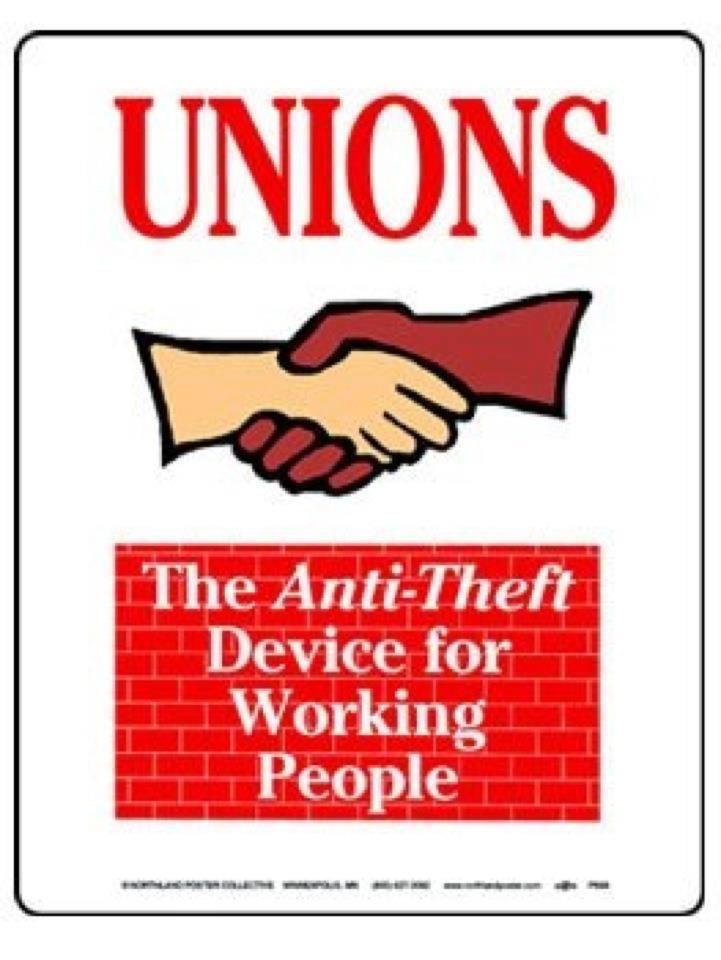 As National continues its murder by a thousand cuts of our already fragile collective bargaining laws let’s hope the welcome joint promise of Labour and the Greens to sort out the electricity market will also be applied to labour law reform come 2014.
As National continues its murder by a thousand cuts of our already fragile collective bargaining laws let’s hope the welcome joint promise of Labour and the Greens to sort out the electricity market will also be applied to labour law reform come 2014.
In both areas – the electricity market and labour law – the two parties need to leap frog over the relatively mild policy responses of the 1999-2008 Labour-dominated governments (including the 1999-2002 Labour-Alliance coalition) and take the more decisive action needed to achieve the desired result more directly. Just as the current electricity regime has failed to deliver a fair price, the Employment Relations Act has not achieved the expansion of unionisation and collective bargaining that could deliver improvements by reducing the extent to which wages and working conditions are “in competition”.
When it comes to both power pricing and labour laws, National’s move from the equivalent of “détente” to “first strike” has given other parties permission to take much clearer sides.
Just as National’s arrogant pursuit of power company privatisations has shifted the balance away from benign tolerance of price gouging by power companies (after all most of the super-profits came back to the community as dividends), the unwillingness of National and its backers to live with what has been a very employer-friendly compromise in the form of the Employment Relations Act [ERA] invites the opposition to implement much more directly transformative industrial relations policies when they get the opportunity to govern.
Briefly, National plan several changes to the ERA which will all make it just a bit harder for workers who do not currently have a union or a collective agreement to get one, and for those who do to keep it or improve it. Among the changes:
• Removing the good faith requirement for the parties to collective bargaining to conclude a collective agreement. Instead, the Employment Relations Authority may declare whether collective bargaining has concluded. Presumably this means that employers can now refuse to conclude a collective agreement as a matter of principle, flying on the face of the Act’s purported promotion of collective bargaining.
• Removing the 30-day rule that prevent employers offering terms and conditions of employment to new workers that are inconsistent with the collective agreement. This was one of the few tightenings of Labour’s 1999 policy that the Alliance managed to secure in the original ERA. The Alliance had wanted collective agreements to bind everyone in their coverage clause (union or non-union) with all workers voting on whether a bargaining fee should be paid (a union shop). Labour had wanted to restrict coverage only to union members and opposed a bargaining fee option. The 30-day rule was the compromise – a foot in the door for new workers, which has resulted in de facto coverage of most non-members by the collective agreement and therefore limited employers’ ability to divide and rule. A bargaining fee provision was eventually introduced in 2004, but it is so hedged (employers have to agree to it and individual workers bound by it can opt out of paying the fee) that it’s not surprising it is remains intact in the current reform.
• Allowing employers to opt out of multi-employer bargaining. This change removes the legal niceties of multi-employer bargaining, which have in reality allowed intransigent employers to avoid concluding multi-employer agreements anyway.
The truth about all these provisions is that they have only improved the environment for collective bargaining to a very moderate extent. Now that they are being removed altogether the case for a much more outcome-focused industrial relations framework must be made. CTU and Labour Party policy has been moving in this direction, reintroducing the notion of industry agreements which aim to leverage collectively bargained outcomes at an enterprise level (eg in Progressive’s supermarkets and the large Pak n Saves) to gain similar outcomes across an industry. Let’s call this indirect collective bargaining – or awards.
At the same time direct collective bargaining needs attention – especially if it is to provide the wedge for on-going improvements at an industry level. A combination of improved organising rights (restoring the full right of entry for unions, for instance, and providing a statutory code for the exercise of that right in non-union workplaces which completely removes employer discretion in relation to the union’s initial contact with workers) and better bargaining processes (not only the duty to conclude collective agreements but easier access for workers to arbitration including for multi employer agreements) are needed.
For some workers, these kinds of steps will be the difference between life and death. On Sunday the CTU marked Workers Memorial Day with a service that honoured forestry workers killed at work in one of our most dangerous industries. Bereaved mothers and wives spoke of the pressure placed on the 300+ contracting companies competing for business from the forest owners to work gangs hard, long and dangerously. With less immediate danger, the same scenario is played out among homecare and aged care operators, cleaning companies and a multitude of other service providers. Since 1991 our employment laws have incentivised fragmentation and competition at the cost not just of living standards but sometimes of lives.






It is my belief that the Unions (and Service Organisations) connived at their own murder by their complaisant attitude to the Milton Friedmanite reforms in this country during the late 1980s and ever goddam since. Workers in both public and private sectors were prepared, I believe, to take the fight to the government of the day (The Labour Party of Roger Douglas and the National of Ruth Richardson), and their Unions betrayed them.
On the pusillanimous ground of ‘saving jobs’ the Unions conceded far more than their members were willing to give up, and rode roughshod over their members’ preferences. Yet these same organisations remained keen to collect their subscriptions. As for ‘saving jobs’, even that timorous objective proved way beyond the reach of the unions.
So why should anyone give a damn about them now? Actually, workers should resist as much as they can the evisceration of their sole means of negotiating a fair suck of the sav. But at the same time, they should demand of these same unions decent value for the membership subscriptions they demand. Do not allow, as formerly they did, the unions to become just another management, cosily cosying up to the bosses.
[…] Laila Harre: National’s war on NZ Unions https://thedailyblog.co.nz/2013/04/30/nationals-war-on-nz-unions/ […]
Comments are closed.